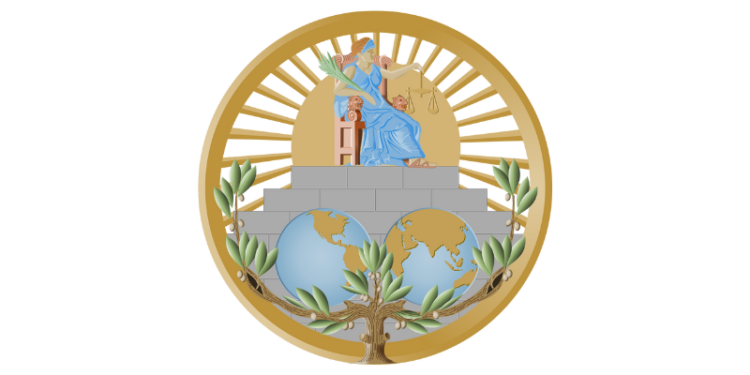The International Criminal Court (ICC) issued arrest warrants for Israeli Prime Minister Benjamin Netanyahu, former Defense Minister Yoav Gallant, and Hamas leader Mohammed Deif on Thursday, November 21st. The charges include crimes against humanity and war crimes related to actions during the ongoing Israel-Hamas conflict. This unprecedented action has sparked international debate and condemnation from Israeli officials, who dismissed the warrants as biased and baseless.
The ICC accuses Netanyahu and Gallant of weaponizing starvation, depriving Gaza’s population of essentials like food and water, and committing acts of persecution and murder. These allegations are tied to Israel’s military actions after the October 7 Hamas-led attacks on southern Israel, which resulted in over 1,200 Israeli deaths. Netanyahu responded by rejecting the ICC’s claims, calling the war “just” and asserting Israel’s right to defend itself. The conflict has reportedly left over 44,000 dead in Gaza, half of whom are women and children.
Mohammed Deif, a senior Hamas official, faces charges of murder, rape, and torture. The ICC claims Deif orchestrated the October 7 attacks and directed widespread violence. Although Israel asserts it killed Deif in September, Hamas has not confirmed his death. The warrants mark a historic move, as Netanyahu becomes the first Israeli leader subjected to an ICC arrest warrant. Critics warn that this decision may limit Netanyahu’s international travel and complicate peace negotiations.
Israel and the United States, both non-members of the ICC, contest the court’s jurisdiction. Israeli officials, including Foreign Minister Israel Katz, denounced the warrants as antisemitic and undermining justice. Human rights groups, however, welcomed the decision, emphasizing the importance of accountability. ICC member states are legally bound to detain the individuals if they enter their territories, though enforcement remains uncertain.
The Biden administration criticized the ICC’s actions, with U.S. lawmakers threatening sanctions against the court. Meanwhile, international law experts note that the warrants expose Israeli leaders to potential legal and diplomatic consequences. The ICC’s move highlights escalating scrutiny of the Israel-Hamas conflict and its profound humanitarian toll.
This development underscores the ICC’s intent to hold individuals accountable for war crimes despite jurisdictional challenges. The legal and geopolitical ramifications are likely to reshape international discussions on accountability and justice in conflict zones.










